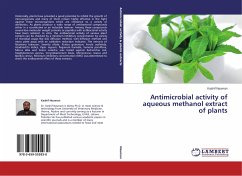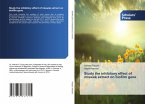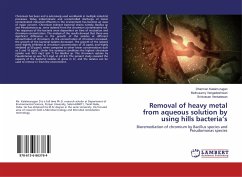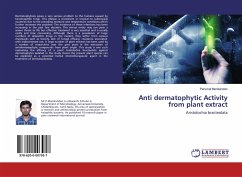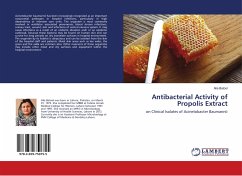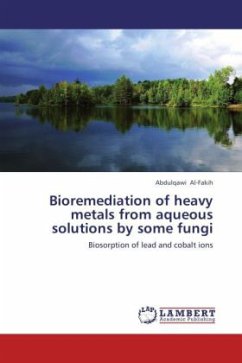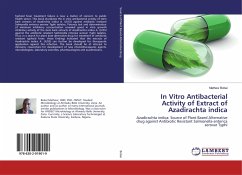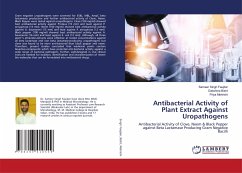Historically, plants have provided a good potential to inhibit the growth of microorganisms and many of them remain highly effective in the fight against these microorganisms which are resistance to a variety of antibiotics. As plants produce a wide range of antibacterial compounds either in a constitutive or an inducible manner. Among these compounds several low molecular weight proteins or peptides with antibacterial activity have been isolated. In vitro, the antibacterial activity of various plant extracts can be checked by a minimum inhibitory concentration by variety of microbial assays like disc diffusion method, well diffusion method and micro plate assay with an oxidation reduction indicator. The extracts of Nicotiana tabacum, Swertia ciliate, Punica granatum, Ferula asafetida, Azadirachta indica, Piper nigrum, Peganum harmala, Fumeria parviflora, Morus alba and Areca cutechu was tested against Escherichia coli, Staphylococcus aureus, Corynebacterium bovis, Micrococcus roseus and Bacillus cereus. Minimum inhibitory concentration (MIC) was determined to check the antibacterial effect of these extracts.
Bitte wählen Sie Ihr Anliegen aus.
Rechnungen
Retourenschein anfordern
Bestellstatus
Storno

